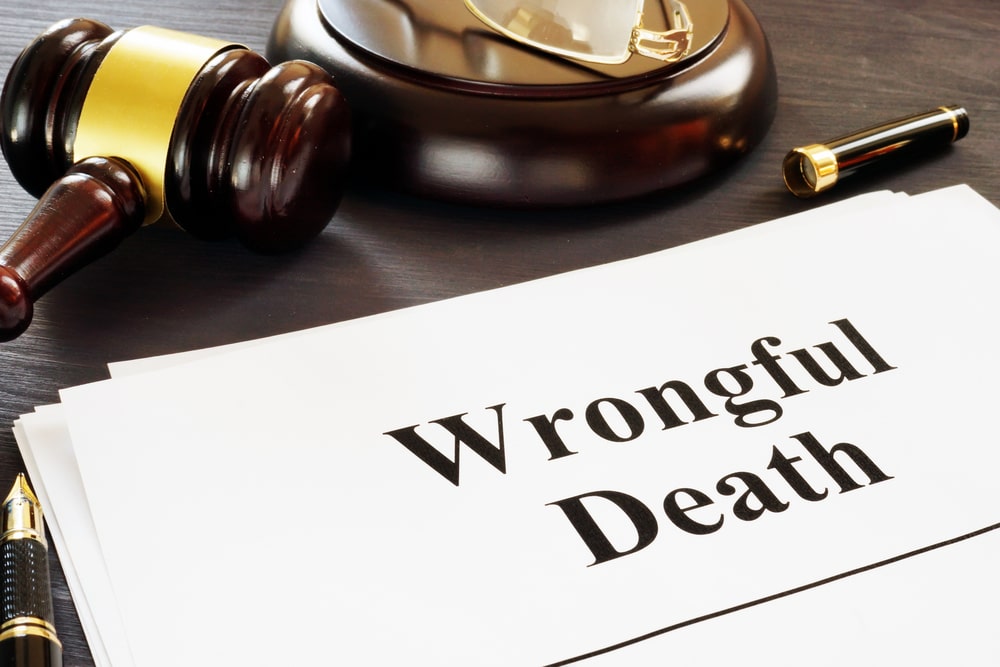In the realm of legal proceedings surrounding loss of life, two terms often arise: wrongful death and criminal homicide. While both involve the tragic loss of a loved one, they differ significantly in terms of legal definitions, procedures, and outcomes. Our friends at David & Philpot, PL have provided a brief guide to the distinctions between these two kinds of cases to provide clarity on these important legal concepts.
Defining Wrongful Death
Wrongful death refers to a civil lawsuit filed by the surviving family members or beneficiaries of a deceased individual against a party whose negligent or intentional actions caused the death. These actions could include medical malpractice, automobile accidents, workplace accidents, defective products, or other forms of negligence. The purpose of a wrongful death lawsuit is to seek compensation for the losses suffered by the surviving family members, such as funeral expenses, medical bills, lost income, and loss of companionship. At the end of the day, a wrongful death was caused due to someone else’s negligence, but not through someone’s intention. For example, if a business has a wet floor but there is no sign marking it and someone slips, falls, and dies as a result of hitting their head on the floor, this is wrongful death.
Understanding Criminal Homicide
Criminal homicide, on the other hand, is a criminal offense defined by state law as the unlawful killing of another person. Unlike wrongful death cases, which are civil matters, criminal homicide cases are prosecuted by the state or federal government. Criminal homicide encompasses various degrees of severity, including murder, manslaughter, and negligent homicide, depending on the intent and circumstances surrounding the death. The primary objective of criminal prosecution in homicide cases is to hold the perpetrator accountable for their actions and impose penalties such as imprisonment or fines. For example, if a person attacks another person and it results in death, this is homicide.
Burden Of Proof
One of the key distinctions between wrongful death and criminal homicide cases is the burden of proof required to establish liability. In a wrongful death lawsuit, the plaintiff (the surviving family members) must demonstrate by a preponderance of the evidence that the defendant’s actions or negligence caused the death. This standard is lower than the “beyond a reasonable doubt” standard used in criminal cases. In criminal homicide cases, the prosecution must prove the defendant’s guilt beyond a reasonable doubt to secure a conviction.
Legal Proceedings
The legal proceedings in wrongful death and criminal homicide cases also differ significantly. In wrongful death cases, the proceedings typically take place in civil court, where the plaintiff seeks monetary damages from the defendant. The outcome of the case is a financial settlement or jury award intended to compensate the surviving family members for their losses.
In contrast, criminal homicide cases involve criminal proceedings in which the defendant faces charges brought by the government. The case proceeds through various stages, including arraignment, pretrial hearings, trial, and sentencing. If convicted, the defendant may face penalties such as incarceration, probation, or fines.
Importance Of Legal Representation
Navigating the complexities of wrongful death and criminal homicide cases requires skilled legal representation. A wrongful death attorney understands the nuances of a wrongful death case and can provide expert guidance and advocacy for clients facing these challenging situations, which may include helping clients find another attorney if the case is criminal homicide instead of wrongful death. Attorneys can help surviving family members navigate the legal process in cases and seek justice for their loved ones. If you have recently lost a loved one, contact a lawyer near you to understand what your options are for a case.

